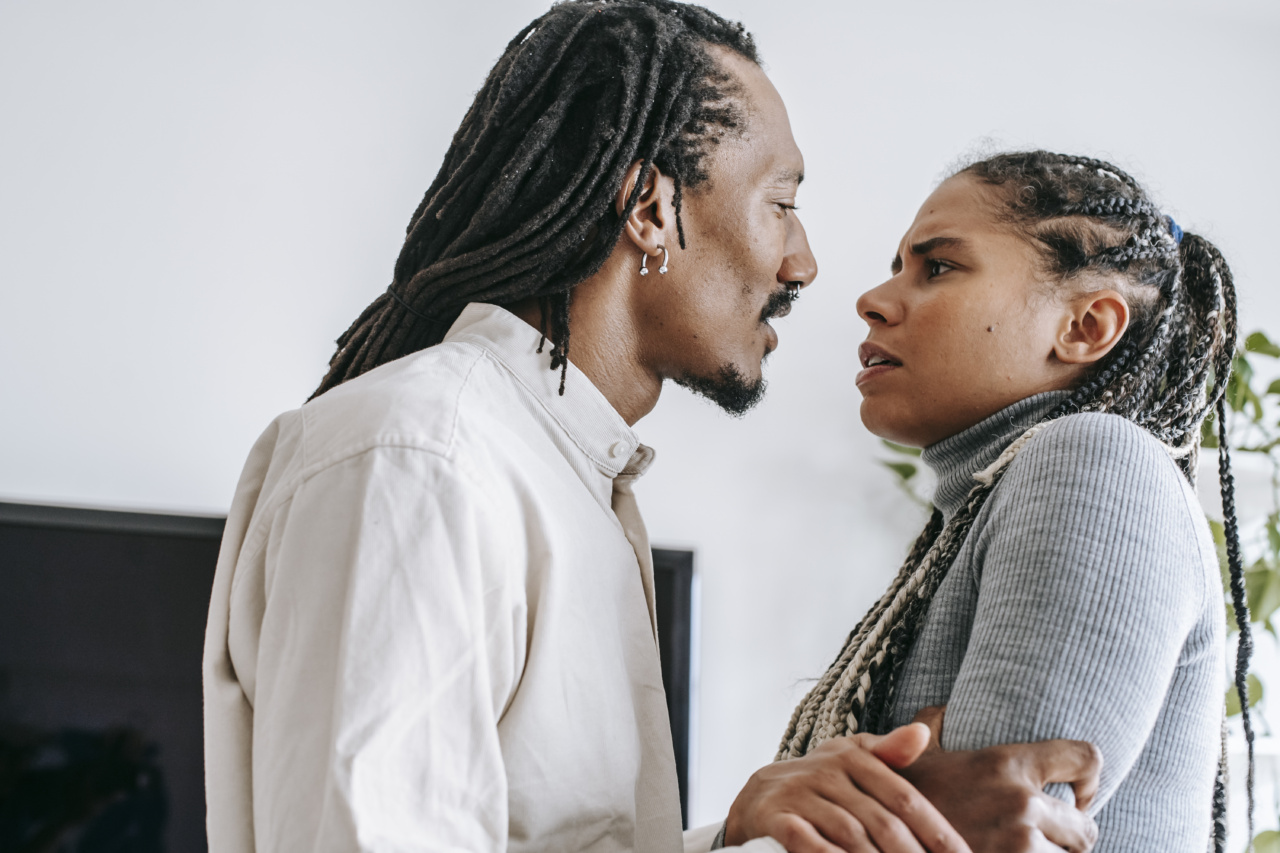Anxiety, a feeling of unease, worry, or fear, is something that most people experience at some point in their lives. In fact, anxiety disorders are the most common mental illness in the United States, affecting about 40 million adults every year.
Despite its prevalence, anxiety is often misunderstood and underestimated. It can have a profound impact on individuals, their relationships, and their overall quality of life.
Causes of Anxiety
Anxiety can stem from a variety of factors, including genetics, brain chemistry, personality, and life events.
Some individuals may have a higher risk of developing anxiety due to their genetic makeup, while others may experience anxiety as a result of imbalances in brain chemicals such as serotonin and dopamine. Additionally, individuals with certain personality traits, such as perfectionism or a tendency to overthink, may be more prone to anxiety.
Life events, such as trauma, major life changes, or chronic stress, can also trigger or exacerbate anxiety symptoms.
Symptoms of Anxiety
While anxiety can manifest differently in each individual, there are some common symptoms that may indicate the presence of an anxiety disorder. These symptoms may include:.
- Excessive worry or fear
- Restlessness or irritability
- Trouble concentrating or sleeping
- Physical symptoms such as headaches, stomachaches, or muscle tension
- Panic attacks
Types of Anxiety Disorders
Anxiety disorders are a broad category that includes several different conditions. Some of the most common types of anxiety disorders include:.
Generalized Anxiety Disorder (GAD)
GAD is characterized by excessive worry and fear about a wide range of everyday situations.
Individuals with GAD often find it difficult to control their worries and may experience physical symptoms such as fatigue, muscle tension, and sleep disturbances.
Panic Disorder
Panic disorder is characterized by recurring panic attacks, which are sudden episodes of intense fear or discomfort.
These attacks typically reach their peak within minutes and may be accompanied by physical symptoms such as heart palpitations, shortness of breath, and dizziness.
Social Anxiety Disorder
Social anxiety disorder, also known as social phobia, is characterized by a fear of social situations. Individuals with social anxiety often avoid social interactions or endure them with intense anxiety or distress.
They may fear being embarrassed, judged, or humiliated.
Obsessive-Compulsive Disorder (OCD)
OCD is characterized by intrusive thoughts (obsessions) and repetitive behaviors or mental rituals (compulsions) performed to alleviate anxiety.
Common obsessions include fears of contamination or harm, while compulsions may involve excessive handwashing, checking, or counting.
Effects on Daily Life
Anxiety can significantly impact an individual’s daily life and functioning. It can interfere with work or school performance, disrupt relationships, and impede the ability to engage in social activities.
Anxiety can also lead to physical health issues, such as digestive problems and weakened immune systems. Additionally, the constant worry and fear associated with anxiety can take a toll on mental well-being, leading to feelings of hopelessness, depression, and a diminished overall quality of life.
Treatment Options
Fortunately, anxiety disorders are highly treatable, and effective treatment options are available. The most common approaches to treating anxiety include:.
Therapy
Therapy, such as cognitive-behavioral therapy (CBT), is a common treatment for anxiety disorders. CBT helps individuals identify and change negative thought patterns and behaviors associated with anxiety.
It provides practical strategies to manage anxiety and develop coping skills.
Medication
In some cases, medication may be prescribed to help manage severe anxiety symptoms. Antidepressants, anti-anxiety medications, and beta-blockers are among the medications commonly used in the treatment of anxiety disorders.
Medication is often combined with therapy for optimal results.
Lifestyle Changes
Adopting healthy lifestyle habits can also play a significant role in managing anxiety.
Regular exercise, sufficient sleep, a balanced diet, and stress-management techniques, such as mindfulness or yoga, can help reduce anxiety symptoms and improve overall well-being.
Coping Strategies
In addition to professional treatment, there are several coping strategies that individuals with anxiety can utilize to manage their symptoms:.
- Deep breathing exercises
- Progressive muscle relaxation
- Mindfulness meditation
- Engaging in activities you enjoy
- Connecting with supportive friends or family members
- Limiting caffeine and alcohol intake
- Setting realistic goals and expectations
Seeking Support
Living with anxiety can be challenging, but individuals should remember that they are not alone. Seeking support from friends, family, or support groups can provide a sense of understanding and a safe space to share experiences.
It’s important to reach out to healthcare professionals for proper diagnosis, treatment, and ongoing support.





























